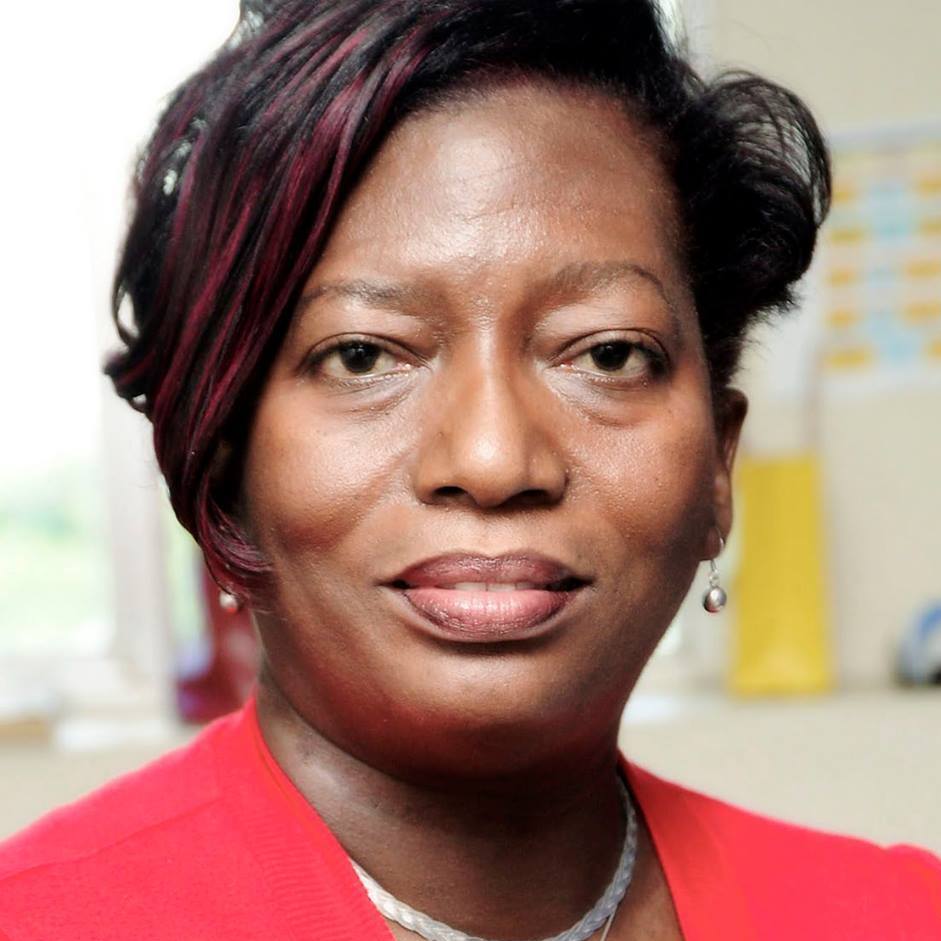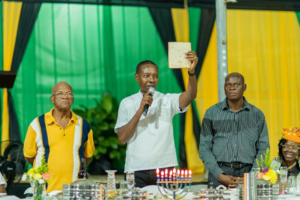By Jenni Campbell
Contributor

The deliberate manipulation of underdeveloped countries by advanced economies and multilateral agencies is as old as the ages and as current as right now. History books are replete with tales of plunder by conquest, occupation, and slavery. Today, the pillaging of nations has taken on new forms, such as the withholding of usually-available financial support, unfair trade agreements, brain drain, and the extraction of valuable minerals from the land through dubious and diverse pirate investments.
Developed or first-world nations have systematically looted underdeveloped countries by extracting their mineral deposits and other resources, repatriating profits, and using the people themselves to build their economies back home. For the most part, very little care is extended to the exploited populations, who are left to hustle, eking out a living from the little that is left.
History has recorded it well: Europe underdeveloped Africa and the Caribbean to build its fabulous cities and awe-inspiring monuments. In 1972, Walter Rodney, in his book How Europe Underdeveloped Africa, describes how Africa was deliberately exploited and underdeveloped by European colonial regimes. One of his main arguments throughout the book is that Africa developed Europe at the same rate that Europe underdeveloped Africa.
In modern times, big money, whether from foreign governments or international agencies, determines policies and the general direction of governance against the governed.
So it is not strange that any underdeveloped or developing nation that tears itself away from exploitative systems and policies pushed by international Satanic agencies would be immediately hit with deadly sanctions.
How dare an upstart like Uganda snub the United States, the United Nations, the European Union, Canada, the World Bank, and others who have expressly and pompously condemned their anti-homosexuality bill?
Despite the fact that Uganda is a sovereign nation, passing a righteous law protecting its people from the demonic LGBTQI agenda is seen as an affront against these international bodies that are already sold out to the Beast.
Immediately, a decision was taken to make a global example of this audacious African nation. This is not the first time that this wicked mercenary weapon is being launched by the powerful against the poor. When the people of Haiti revolted against French occupation in a series of conflicts between 1791 and 1804, this same weapon was launched against them. The brutal Backra Massa regime in Haiti was overthrown by the Africans and their descendants, who had been enslaved by the French, and an independent country was founded and governed by the former enslaved people. The new country was immediately sanctioned by the former coloniser, and even two centuries later, impoverished Haitians continue to pay France for their temerity to revolt.
African nations and others in the Caribbean that have pushed back against these iniquitous neocolonists, who pounce mainly through international organisations, continue to suffer sanctions through stringent trade agreements or insurmountable roadblocks to financial help.
On the heels of Uganda enacting its anti-gay bill, the World Bank immediately announced that it would not give any new loans to that African nation. Homosexuality is criminalised in more than 30 of Africa’s 54 countries, and buggery, a practise mainly among homosexuals, is still a criminal offence in Jamaica and a few other Caribbean nations. It is also not countenanced in Muslim countries across the globe.
In oil-rich Saudi Arabia, LGBT rights are not recognized by the government. Both male and female same-sex sexual activity is illegal, but neither the US, its allies, nor the World Bank would dare to advance its Baylonian agenda in those parts.
The focus of these globalists, who are proponents of the demonic agenda, is not on developed countries that are able to fight back. They threaten the weakest nations, that are likely to crumble at the slightest financial tremor.
In May, shortly after the anti-gay bill was passed by the Ugandan Parliament, the World Bank deployed a team to the African country and determined that additional measures were to be implemented to ensure that projects aligned with the bank’s environmental and social standards.
“No new public financing to Uganda will be presented to our Board of Executive Directors until the efficacy of the additional measures has been tested,” the World Bank Group said in a statement last week.
“Our goal is to protect sexual and gender minorities from discrimination and exclusion in the projects we finance. These measures are currently under discussion with the authorities,” it added.
The U.N. Human Rights Office described the Ugandan law as “draconian and discriminatory” and “a recipe for systematic violations of the rights” of LGBTQ+ people and others. The U.S. hastened to warn of the economic consequences.
The World Bank and the International Monetary Fund (IMF) provide $multi-billion in technical and other forms of support to African nations and the Caribbean in the various fights against poverty, diseases, and natural disasters. Without this kind of support, many of these nations would struggle to meet their annual budgets.
Food security and disaster mitigation are major considerations for these underdeveloped economies, despite the fact that many of them feature heavily on the charts depicting real valuable resources such as gold, oil, natural gas, and other precious mineral reserves.
Ghana and South Africa, for example, are major players on the list of the top ten gold-producing nations. But earlier this year, the government of Ghana received $150 million additional World Bank financing through an international lending agency for the Ghana Productive Safety Net Project to expand and enhance social safety nets and provide access to productive income-generating opportunities for the poor.
Countries like Uganda, Jamaica, and others who are determined not to bow to the advance of the Beast must pursue Godly solutions to ensure their financial viability and prosperity, utilising the valuable minerals at their disposal, and engaging the people.
This is a time for self-sufficiency. Land cannot be relocated, even though minerals may be extracted, if not protected by the people. All arable land must be immediately put into production, and all water sources properly secured. In Jamaica, the Cockpit Country, all rivers and streams and the main bread basket parishes, districts, and communities must be fortified.
We should do this with the full understanding that the greatest weapon against the beast and the Satanic agenda is to pray, repent, and seek God’s face.
For the weapons of our warfare are not carnal but mighty through God to the pulling down of strongholds, whether they are spiritual or temporal. The battle is the Lord’s, and He has already won.






